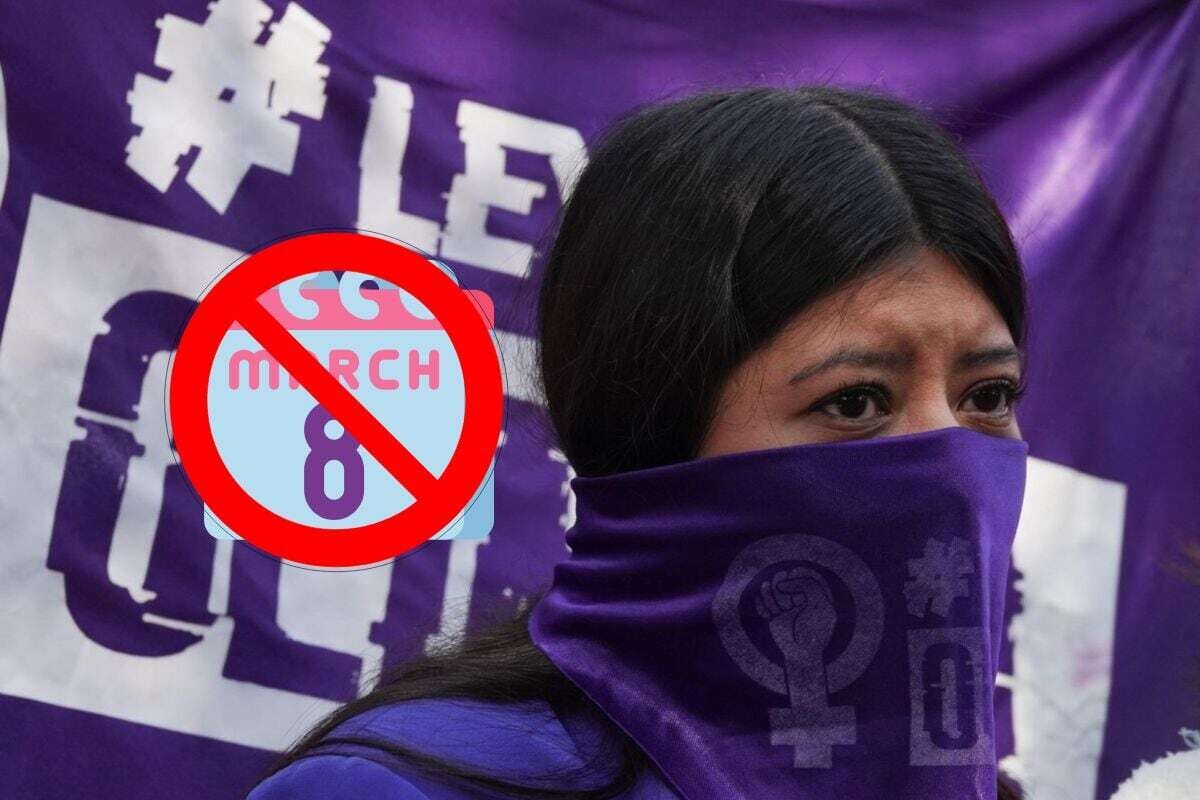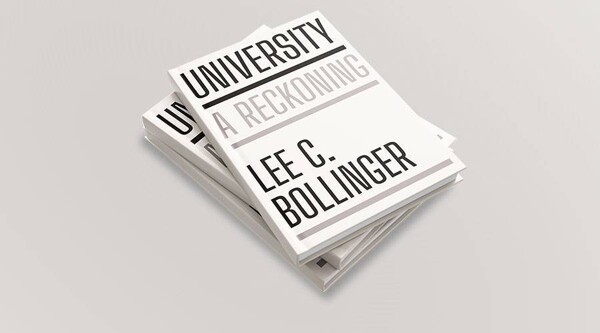
A study conducted by the organization LLYC revealed that anti-feminist discourse has a strong presence on social media in countries like Brazil and the United States, where 85% of the messages are linked to far-right ideology. According to the report "Without Filter", the anti-equality discourse is based on delegitimizing feminism through stereotypes, with the attacks in the United States focused on ridiculing and presenting feminism as extremist.
The anti-equality sector shows a radicalization ranging from 55% to 77%. A concerning fact is that 15% of the anti-equality community believes that feminism distorts the hierarchy that should govern women's lives. Despite women spending three times as much time as men on unpaid work according to the ILO, anti-feminist discourse continues to grow.
The feminist movement aims to reduce inequalities between women and men, gaining strength in recent years. However, anti-equality discourses have also gained prominence on social media, where 50% of comments about feminism are negative, according to the study. The report highlights that 98% of anti-feminist profiles on social media have a strong political bias and are radicalized, thus making dialogue difficult.
The "Without Filter" study analyzed messages from 8.5 million users in 12 countries in Latin America, Europe, and the United States, finding that more than 50% of messages about feminism on social media in those countries are negative. In nations like Chile, Spain, and the United States, over 75% of anti-feminist discourse comes from heterosexual communities with little internal diversity.














